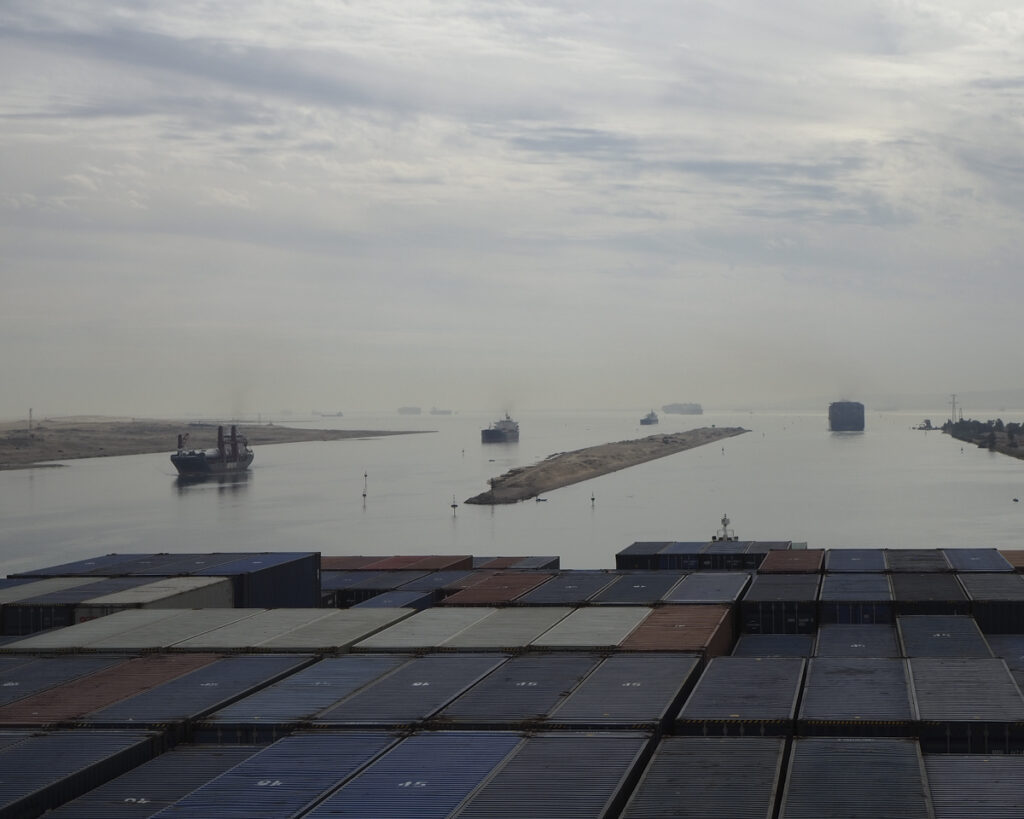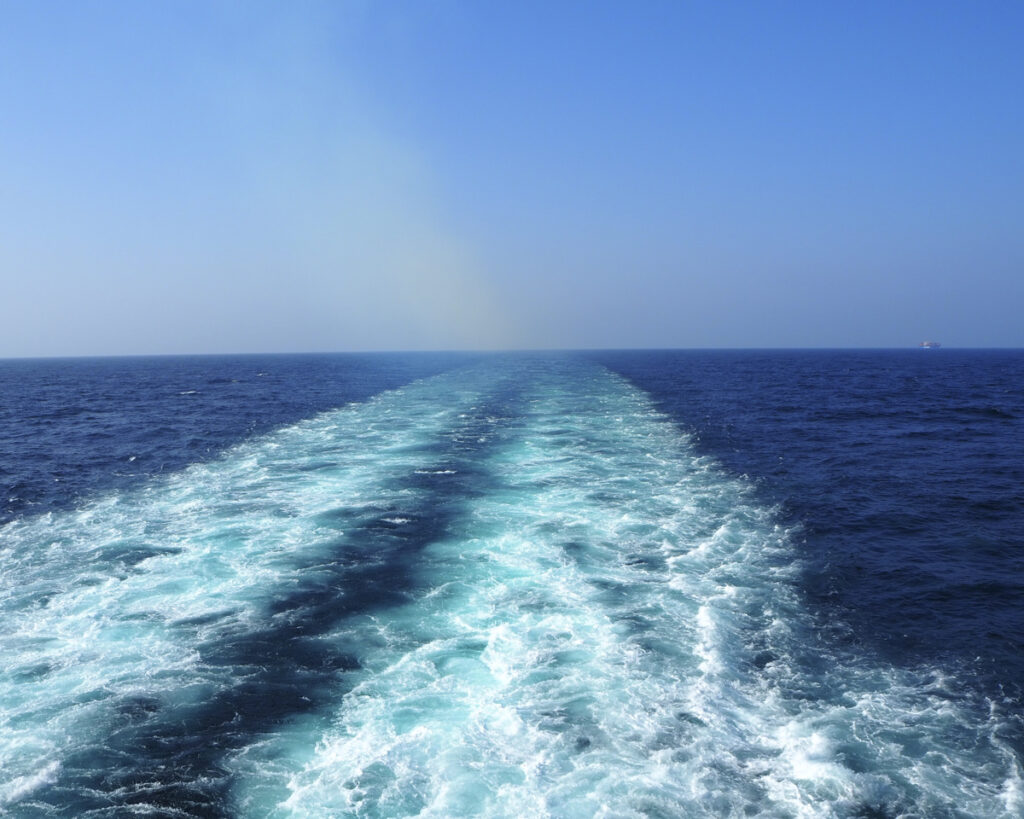About
Jatin Dua is an associate professor of Anthropology and Director of the Interdepartmental Program in Anthropology and History at the University of Michigan. His research explores maritime mobility, and its perils and possibilities, in the Indian Ocean, focusing on processes and projects of governance, law, and economy. His book, Captured at Sea: Piracy and Protection in the Indian Ocean, published with the University of California Press (December 2019) and winner of the 2020 Elliot P. Skinner Book Award, is a multi-sited ethnographic and archival engagement with Somali piracy and contestations over legitimate and illegitimate commerce in the Western Indian Ocean. In addition, he has published a number of articles on maritime anthropology, captivity, political economy, and sovereignty. His current research projects continue this emphasis on maritime worlds and their entanglements with law, sovereignty, economy, and sociality through two main projects on chokepoints and port making in the Indian Ocean and a research project on the lives of seafarers from the Global South. He teaches courses on the anthropology of law and regulation; oceanic studies; global capitalism; state and non-state violence and a course on the various historical and contemporary practices that have been labeled “piracy” from maritime raiding to the moral economy of hacking. He holds a PhD in Cultural Anthropology from Duke University (2014) and an MA in International Law from the American University in Cairo (2006). His research has been funded by a number of national and international foundations, including the Social Science Research Council, National Science Foundation, and the Mellon Foundation.
Current Research Projects

Chokepoints
Global capitalism is characterized through a vocabulary of seamless circulation, but the Chokepoints project emphasizes that in reality mobility of all kinds is constantly channeled, restricted, constricted—and choked. From 2015 onwards, I have been part of a team of geographers and anthropologists who are researching global chokepoints of trade such as ports, straits, tunnels and passes. While chokepoints are central to the imaginaries of policymakers and logistics managers, these sites have hitherto evaded anthropological and ethnographic engagement. My current research focuses on port-making and unmaking in the Indian Ocean as well as everyday forms of navigation at sea. Funded by the National Science Foundation and the Social Science Research Council this project has entailed ethnographic research in a number of ports on both sides of the Bab-el-Mandeb and fieldwork onboard containerships as they sail from Europe to Asia to understand the labor of navigating global maritime highways.
Oceans Lab
The Oceans lab supports interdisciplinary research, writing and advocacy on maritime issues related to climate change, livelihoods, including questions on race, labor and inequality, migration and geopolitics across oceanic spaces. In addition, the lab provides collaborative possibilities to build digital platforms and resources as well as communicate research to broader audiences. A key goal of the Oceans Lab is making legible and tangible the importance of oceanic spaces in structuring forms of polity, economy, and sociality. Additionally, the Lab seeks to develop collaborative forms of conceptual and methodological resources to study oceans and other transregional spaces.
